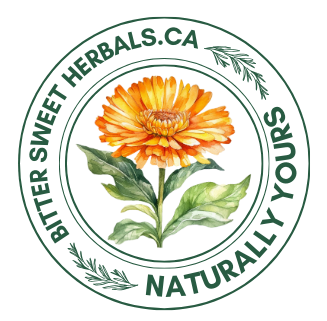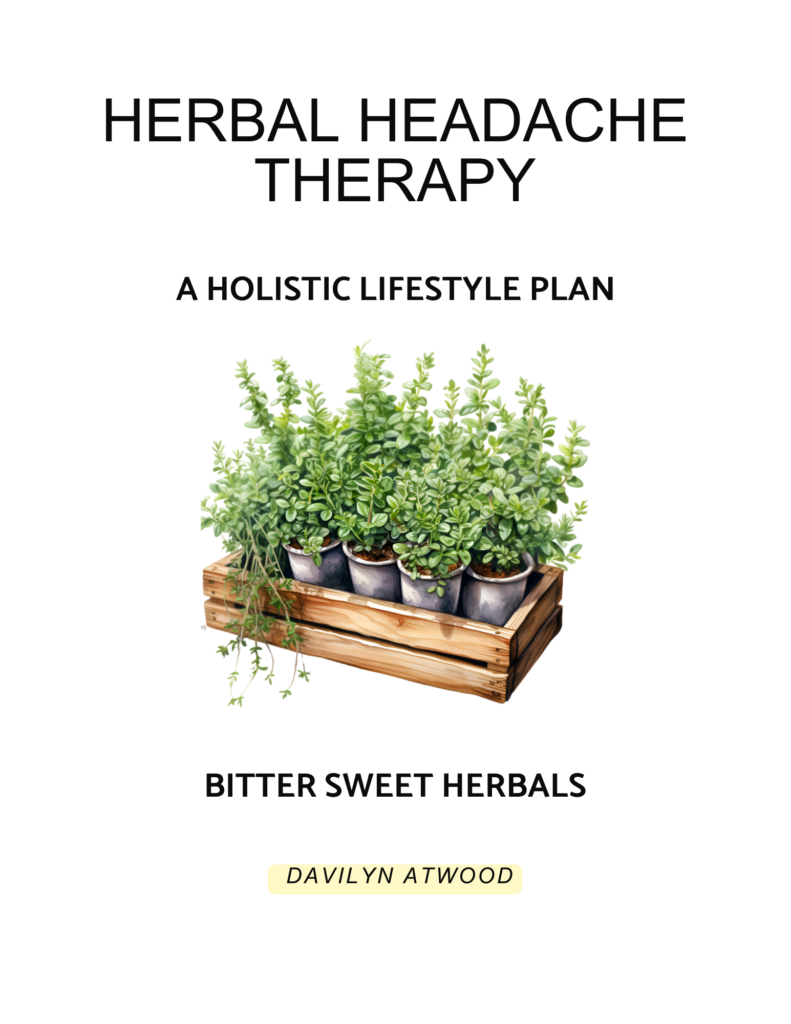My Approach to Using Herbs for Healing: Tailoring Remedies to Your Specific Health Needs and Goals
Herbs offer an incredible resource for healing, but their power is maximized when they are used in a way that suits your unique health needs and lifestyle. Integrating herbal remedies requires a structured approach that ensures safety, effectiveness, and a harmonious balance with other health practices. Here’s how I guide the process of integrating herbs into your healing journey:
Assess Your Health Needs: Laying the Foundation for Herbal Healing

The first step in any healing process is to understand your current health status, symptoms, and long-term goals. This awareness provides the foundation upon which you can build a tailored herbal regimen, ensuring that the herbs you choose are specifically suited to your needs. Taking the time to assess your health thoroughly will help you and or us, make informed decisions about which herbs are appropriate, how to use them, and how to avoid potential pitfalls.
Regardless of whether I am assessing your health needs, or you are going through one of my therapy personalized guide books to assess your own needs, it is so important that you get a big picture of your health right from the start so we can make informed decisions on the proper therapies that could support your health needs.
Consult Healthcare Providers
Before integrating herbs into your healing process, it is important to consult with healthcare professionals, especially if you are managing chronic health conditions, taking prescription medications, or undergoing other treatments. This step is often overlooked but is critical for the safe use of herbal medicine. Although herbs are natural, they can still interact with pharmaceuticals, exacerbate certain conditions, or produce unintended side effects.
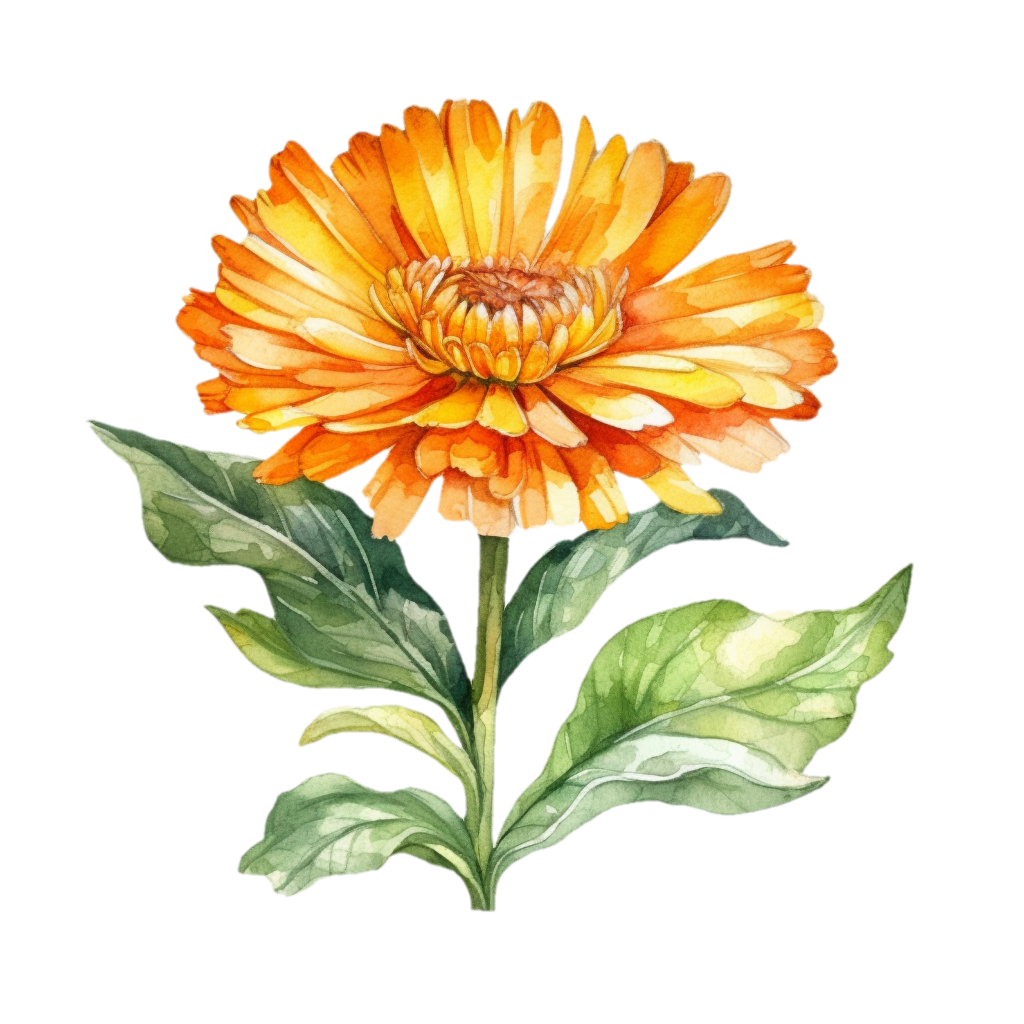
Healthcare providers, particularly those familiar with integrative medicine, can help guide your choices, ensuring that the herbs you select complement your current treatments rather than interfere with them. For instance, if you’re taking blood thinners, certain herbs like ginkgo or garlic, which may also have blood-thinning properties, could increase the risk of bleeding. Similarly, if you have a condition such as high blood pressure, herbs that stimulate the circulatory system, like licorice root, might not be advisable. By involving your healthcare provider in the process, you create a holistic healing strategy that prioritizes both safety and efficacy.
Identify Specific Issues
After consulting with a healthcare provider, the next step is to pinpoint the specific health concerns you wish to address. Having a clear understanding of what you are trying to heal or support will guide your herbal selection process. Here are some common areas people seek herbal support for:
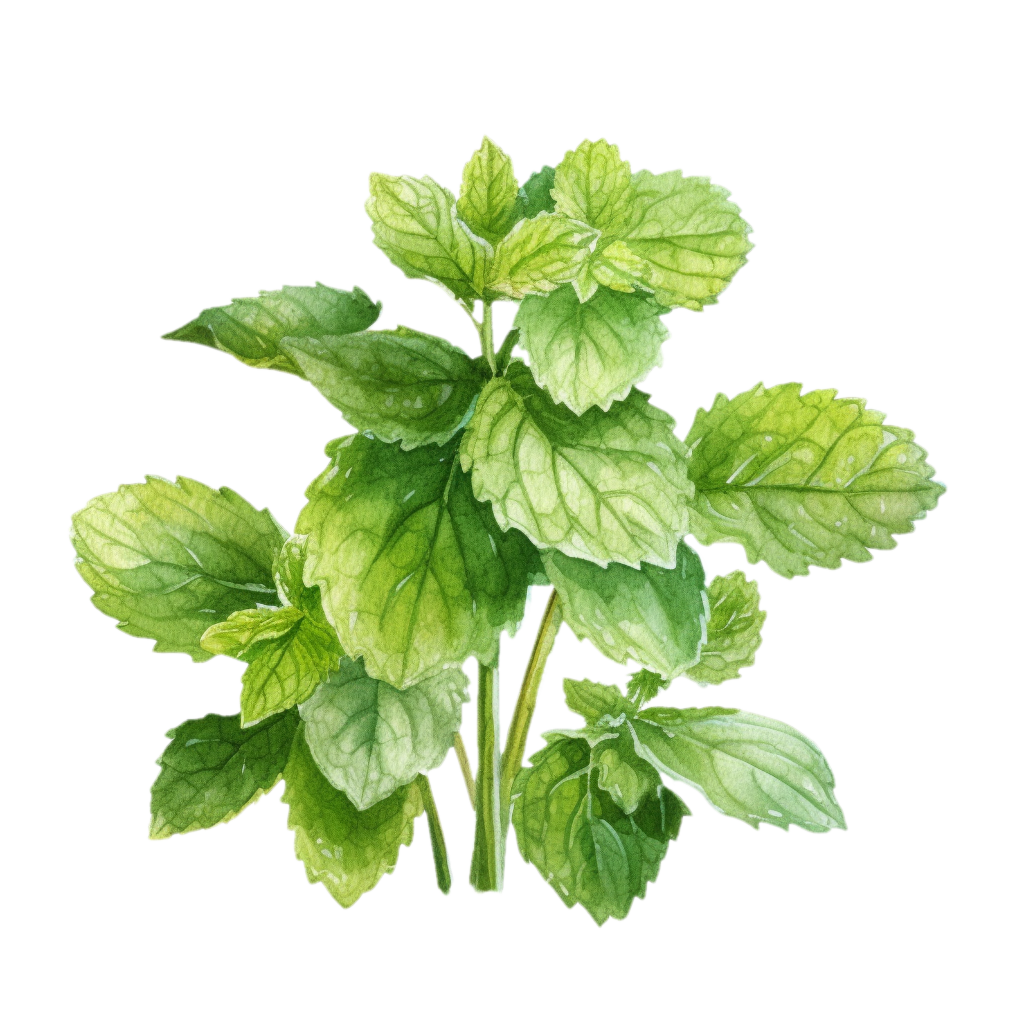
- Digestion: Issues such as bloating, gas, indigestion, or irregular bowel movements can be addressed with digestive herbs like ginger, peppermint, or fennel. These herbs are known for their ability to stimulate digestion, reduce inflammation in the gut, and ease discomfort.
- Immune Support: If you’re prone to frequent colds, infections, or seasonal allergies, herbs like echinacea, elderberry, and astragalus can boost your immune system and provide protection against viruses and bacteria. Immune-modulating herbs help your body defend itself more effectively and recover more quickly when illness strikes.
- Stress Management: Chronic stress is one of the most common health concerns today, and it manifests physically, mentally, and emotionally. Adaptogens like ashwagandha, rhodiola, and holy basil are excellent for helping your body adapt to stress, while nervines such as chamomile, skullcap, and lemon balm help calm the nervous system and promote relaxation.
- Inflammation and Pain: Whether dealing with joint pain, arthritis, or chronic inflammation, anti-inflammatory herbs like turmeric, ginger, and boswellia can help reduce swelling, ease pain, and promote healing. These herbs not only relieve discomfort but also address the underlying inflammation that can contribute to long-term damage if left unchecked.
- Hormonal Balance: For issues related to the reproductive system or hormonal imbalances, herbs such as vitex (chaste tree berry), black cohosh, and maca can offer support by regulating hormones, reducing symptoms of PMS or menopause, and improving overall reproductive health. They work to restore balance in the endocrine system, ensuring that your body produces the right levels of hormones at the right times.
- Cognitive Function and Mental Clarity: If you’re looking to support brain health, herbs like ginkgo biloba, gotu kola, and bacopa are known for their ability to enhance memory, increase focus, and protect the brain from oxidative damage. These herbs are often used for long-term cognitive health and can help prevent or delay age-related cognitive decline.
By identifying specific areas of concern, you can streamline your approach and choose herbs that are known to address those particular issues. For instance, if you want to support both digestion and stress, you might choose peppermint (for digestion) and lemon balm (for stress), creating a more comprehensive and targeted plan.
Consider Long-Term and Short-Term Goals
In addition to addressing immediate health concerns, it’s essential to think about your long-term wellness goals. Herbal medicine is not just about treating symptoms but also about supporting the body’s overall balance and vitality. Do you want to enhance your immune system’s strength over the years? Are you looking to maintain hormonal balance as you age? Or perhaps you wish to improve your mental clarity and prevent cognitive decline?
Your long-term goals will help determine which herbs to integrate into your daily routine for ongoing support. For example, if your goal is long-term digestive health, you might incorporate bitters like gentian or dandelion to strengthen digestion over time. If you aim to reduce the overall stress load on your body, you might take adaptogens like ashwagandha daily for several months, allowing your body to build resilience to stressors.
Listen to Your Body’s Signals
Another important aspect of assessing your health needs is learning to listen to your body. Your body often provides subtle signals that can help guide your healing process. Do you feel fatigued often? Is your sleep disrupted? Are you experiencing tension or discomfort in specific areas? These signals are messages from your body, indicating where it needs support.
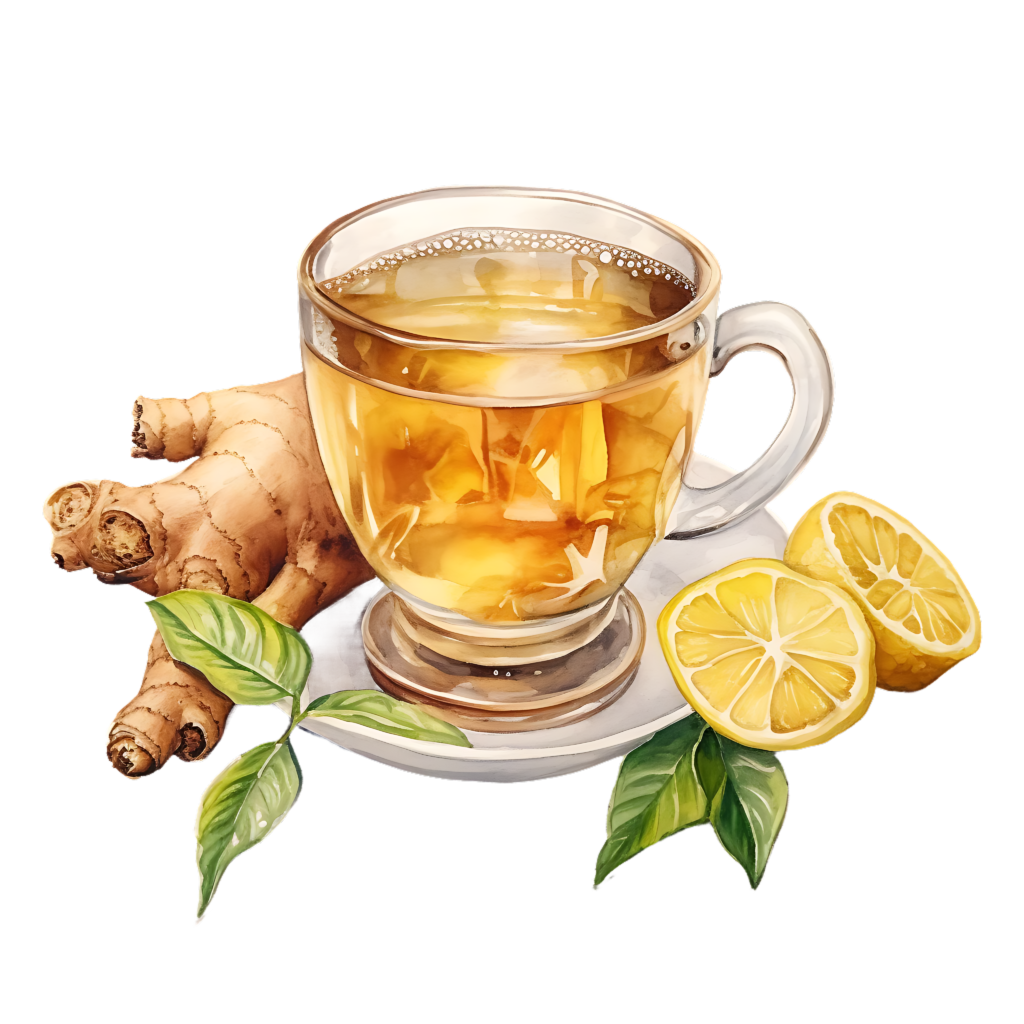
Herbs can act as gentle allies, helping to restore balance when you listen to your body’s cues. If you’re feeling anxious or having trouble sleeping, valerian root or passionflower can be used to calm your mind and encourage relaxation. If your digestion feels sluggish after meals, a simple cup of peppermint or ginger tea can help stimulate the digestive process.
When you take the time to assess your health needs thoroughly, you give yourself the best opportunity to create a personalized herbal plan that will genuinely support your well-being. This process of mindful self-awareness combined with informed herbal selection forms the cornerstone of a successful healing journey.
Research and Select Herbs: Tailoring Remedies to Meet Your Specific Health Needs
Selecting the right herbs for your healing journey is a crucial step in ensuring that you address your health needs effectively. Each herb comes with its own unique properties, therapeutic actions, and strengths, which can target specific conditions and promote overall well-being. The process of choosing herbs goes beyond simply picking what is familiar or popular; it involves thoughtful research, an understanding of herbal actions, and careful consideration of quality. Here’s how to navigate this step:
Identify Relevant Herbs
Purpose: The first task in selecting herbs is to identify those that align with your specific health goals. Whether you’re addressing digestive issues, managing stress, or looking for immune support, there are herbs that have a history of effectiveness in each area.
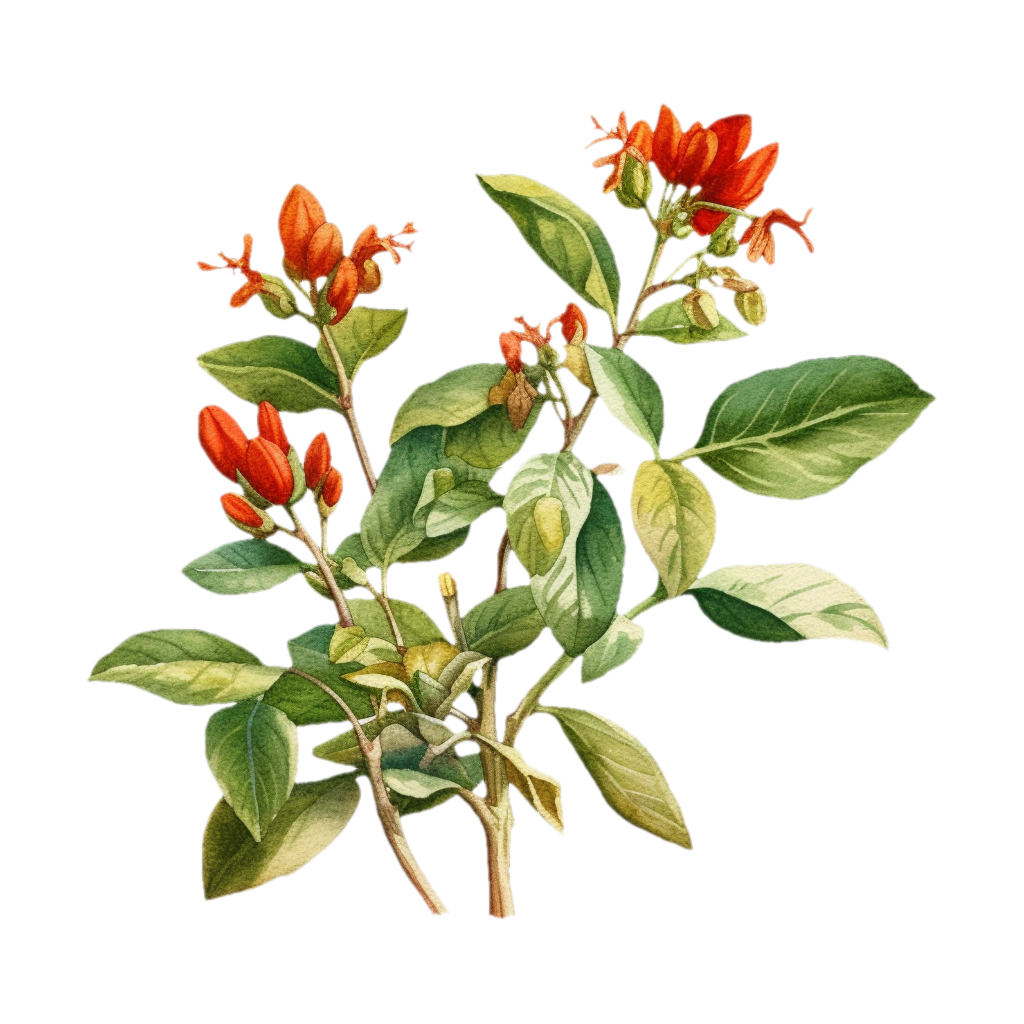
- Digestive Support: For instance, if your goal is to improve digestion, ginger is an excellent choice. It has been used for centuries to ease nausea, stimulate digestion, and reduce bloating. Likewise, peppermint can help alleviate gas and cramping, making it another go-to herb for digestive relief.
- Stress and Anxiety: If you are looking for stress relief, chamomile is well-known for its calming effects on both the nervous and digestive systems. Ashwagandha, an adaptogen, is highly regarded for its ability to help the body manage stress and anxiety over the long term. It gently supports adrenal health and reduces cortisol levels, helping to mitigate the effects of chronic stress.
- Immune Support: For immune system strengthening, echinacea is a favorite. It’s known to boost the body’s defense mechanisms, particularly when taken at the onset of a cold or infection. Elderberry is another excellent herb for supporting immunity, especially in combating seasonal illnesses like the flu.
When identifying herbs, think about your immediate needs as well as any long-term health goals you have. Are you addressing symptoms of a condition that is currently affecting you, or are you seeking preventative support for a chronic issue or general well-being? This consideration will guide you in choosing the right herbs that can work both in the short term and as part of your ongoing health routine.
Understand Actions
Purpose: Once you’ve identified a list of herbs that could potentially meet your health needs, the next step is to understand the specific actions of each herb. Each herb interacts with the body in a unique way, so knowing how it works will help you use it more effectively and safely.

- Nervines: These are herbs that soothe and calm the nervous system, making them ideal for stress, anxiety, and sleep disorders. For example, lemon balm and passionflower are well-known nervines that can help reduce nervous tension and promote relaxation. They are often used in cases of insomnia or heightened stress.
- Adaptogens: Adaptogens, like rhodiola and holy basil (tulsi), help the body adapt to stress by supporting the adrenal glands and balancing the stress response. These herbs are beneficial for people dealing with chronic stress, fatigue, or burnout, as they help regulate hormones like cortisol and improve energy and resilience over time.
- Anti-inflammatories: Herbs such as turmeric, boswellia, and willow bark have strong anti-inflammatory properties. These are often used for conditions like arthritis, muscle pain, or chronic inflammation in the body. By reducing inflammation, these herbs not only ease pain but also support the body’s ability to heal itself more efficiently.
- Digestive Bitters: Herbs like dandelion root and gentian stimulate digestive enzymes and bile production, aiding digestion and nutrient absorption. Bitters are especially useful for sluggish digestion or to improve overall digestive health by promoting the breakdown of food and detoxification processes.
- Immune Modulators: Herbs like astragalus and reishi mushroom work to balance and strengthen the immune system without overstimulating it. These are especially useful for long-term immune support and for those with autoimmune conditions, as they gently promote immune resilience without triggering excessive immune responses.
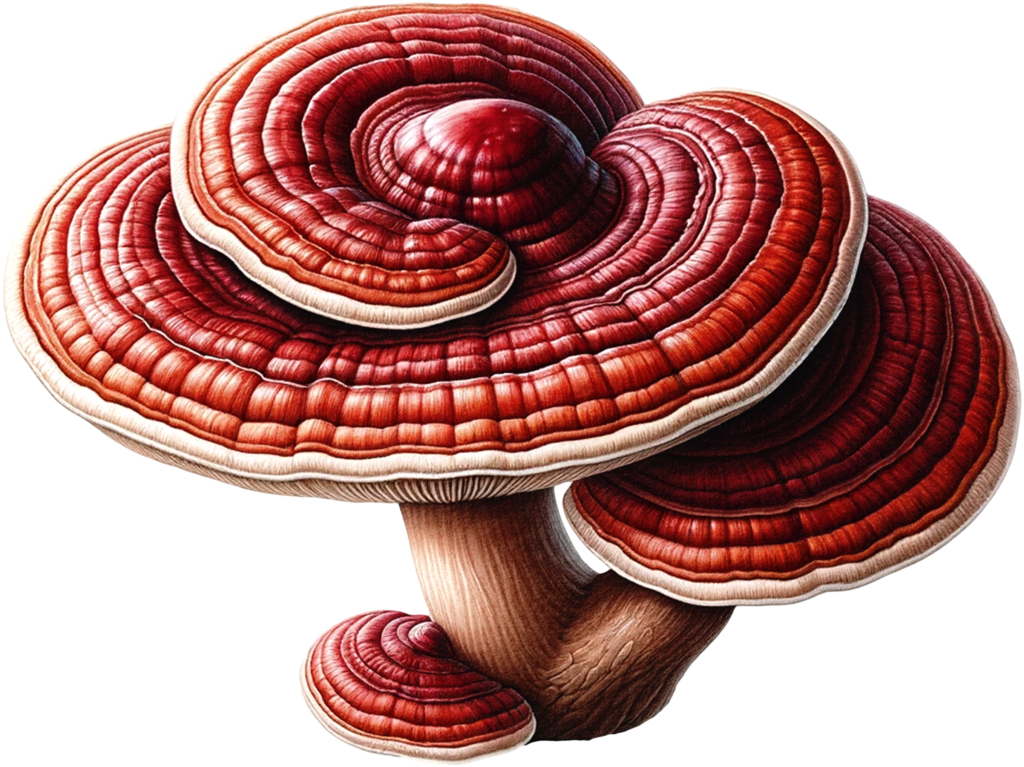
By understanding these actions, you can more effectively pair herbs with your specific health goals. For example, if you’re experiencing both stress and inflammation, you might combine ashwagandha (adaptogen) with turmeric (anti-inflammatory) for a dual approach. Alternatively, if digestion and immune function are your main concerns, ginger and echinacea might be a better match.
Consider Herb Synergy
It’s also important to note that herbs often work synergistically—meaning that combining certain herbs can enhance their effectiveness. For example, combining peppermint (to soothe the digestive tract) with chamomile (to calm the nervous system) is a great way to address digestive issues that are related to stress. Herbal blends can provide a more comprehensive approach to healing, offering multi-layered support for the body’s systems.
Quality and Source
Purpose: The effectiveness of any herb depends heavily on its quality. Herbs that are grown in poor conditions, contaminated with pesticides, or processed improperly will lack the potency needed to provide therapeutic effects. Ensuring that the herbs you select are high-quality is essential to making the most of their healing potential.
- Organic and Sustainably Harvested: Always opt for organic herbs when possible. Organic herbs are grown without synthetic pesticides and herbicides, ensuring that they are free from harmful chemicals. This is particularly important for herbs that will be consumed regularly. Additionally, look for herbs that are sustainably harvested. Some herbs, like goldenseal, have become endangered due to overharvesting. Choosing sustainably sourced herbs ensures that you are not contributing to environmental degradation.
- Reputable Suppliers: Purchase herbs from reputable suppliers who prioritize transparency about their sourcing and processing methods. Herbal products should ideally be tested for purity, ensuring they are free from contaminants like heavy metals, mold, and pesticides. Companies that adhere to good manufacturing practices (GMP) and third-party testing protocols are often more reliable.
- Freshness: Just like food, herbs lose potency over time. Dried herbs that have been sitting on a shelf for years are unlikely to provide the same benefits as fresh or properly stored herbs. Look for herbs that have been recently harvested or processed and avoid purchasing herbs that have been exposed to excessive heat or light, as these conditions can degrade their active compounds.
By prioritizing quality, you ensure that the herbs you use are potent, safe, and capable of delivering the healing properties they are known for.

Choosing the Right Form
Herbs are available in many forms, including dried whole herbs, teas, tinctures, capsules, and extracts. Each form has its own benefits, and selecting the right form can impact the effectiveness of the herb for your needs.
- Teas: Herbal teas are one of the gentlest and most traditional ways to consume herbs. They are particularly suited for nervines (like chamomile) and digestive herbs (like peppermint), where a slow release of the plant’s compounds through hot water provides mild and ongoing support.
- Tinctures: Tinctures are alcohol or glycerin-based extracts that are highly concentrated. They’re ideal for people who need fast-acting or potent doses of an herb, like valerian for immediate sleep support or echinacea at the onset of a cold.
- Capsules and Tablets: For convenience and standardized dosing, capsules and tablets are an excellent option. They are particularly useful when taking adaptogens like ashwagandha or rhodiola, where daily use in consistent doses is important for long-term benefits.
- Powders and Extracts: For herbs like turmeric, which are often used in cooking or smoothies, powdered forms provide versatility. Extracts can be more potent and are typically used for conditions requiring high doses, like severe inflammation or immune deficiency.
Conclusion
Researching and selecting the right herbs is a thoughtful process that involves understanding your unique health needs, learning about the therapeutic actions of various herbs, and ensuring that you choose high-quality, potent sources. By taking these steps, you empower yourself to create an herbal regimen that is both effective and personalized. Whether you’re addressing acute symptoms or building long-term resilience, the right herbs, selected with care, can become invaluable allies on your healing journey.
My Approach To Using Herbal Therapies for Health Part 1
Creating a Personalized Herbal Therapy Plan Part 2
Fine Tuning Your Herbal Plan for Optimum Results Part 3
Creating a Holistic Approach to Healing – Part 4
Educate Yourself Continuously: The Key to Empowered Herbal Healing Part 5
A Structured Approach to Daily Wellness – Part 6 – Conclusion
